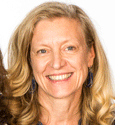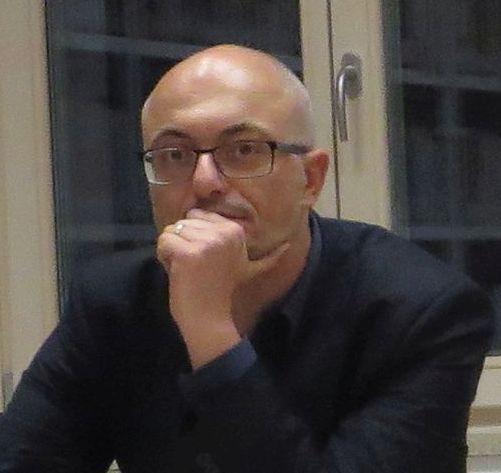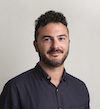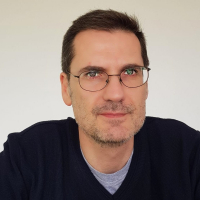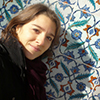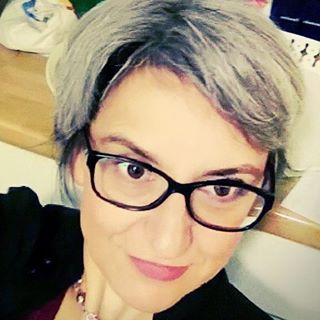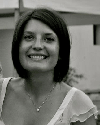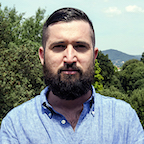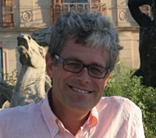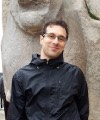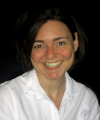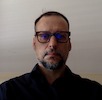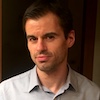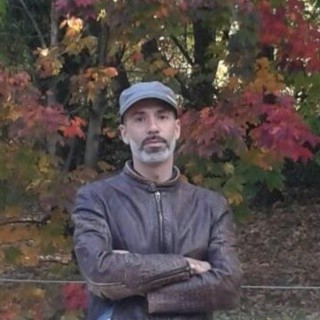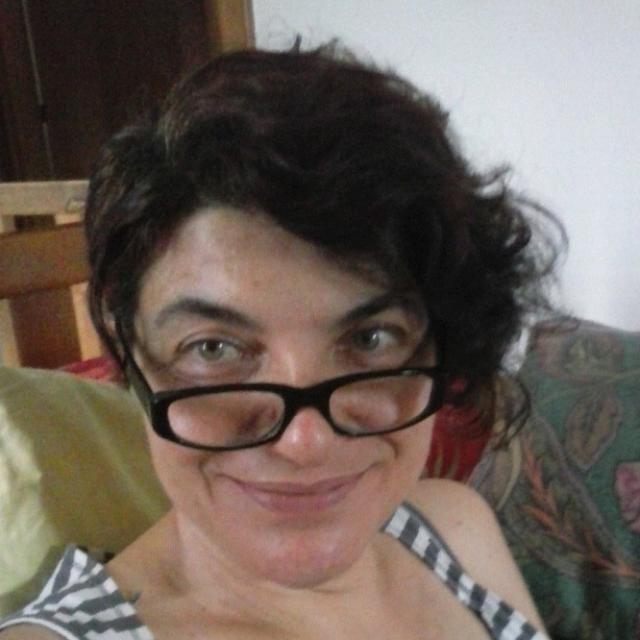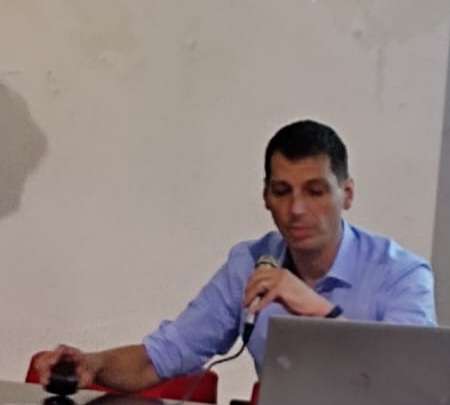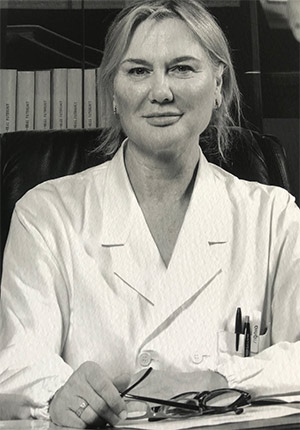Studying at the University of Verona
Here you can find information on the organisational aspects of the Programme, lecture timetables, learning activities and useful contact details for your time at the University, from enrolment to graduation.
Academic calendar
The academic calendar shows the deadlines and scheduled events that are relevant to students, teaching and technical-administrative staff of the University. Public holidays and University closures are also indicated. The academic year normally begins on 1 October each year and ends on 30 September of the following year.
Course calendar
The Academic Calendar sets out the degree programme lecture and exam timetables, as well as the relevant university closure dates..
| Period | From | To |
|---|---|---|
| CuCi IA | Sep 21, 2020 | Oct 31, 2020 |
| CuCi IB | Nov 9, 2020 | Jan 9, 2021 |
| CuCi IIA | Feb 15, 2021 | Apr 1, 2021 |
| CuCi IIB | Apr 14, 2021 | May 29, 2021 |
| Session | From | To |
|---|---|---|
| sessione d'esame invernale CuCi | Jan 11, 2021 | Feb 13, 2021 |
| sessione d'esame estiva CuCi | Jun 7, 2021 | Jul 24, 2021 |
| sessione d'esame autunnale CuCi | Aug 23, 2021 | Sep 18, 2021 |
| Session | From | To |
|---|---|---|
| sessione di laurea invernale 19-20 | Apr 7, 2021 | Apr 13, 2021 |
| sessione di laurea estiva 20-21 | Jul 5, 2021 | Jul 10, 2021 |
| Sessione autunnale di laurea a.a. 2020/21 | Nov 8, 2021 | Nov 13, 2021 |
| Sessione straordinaria di laurea a.a. 2020/21 | Mar 28, 2022 | Apr 2, 2022 |
| Period | From | To |
|---|---|---|
| Festa di Ognissanti | Nov 1, 2020 | Nov 1, 2020 |
| Chiusura Ateneo ponte Immacolata | Dec 7, 2020 | Dec 7, 2020 |
| Festa dell'Immacolata | Dec 8, 2020 | Dec 8, 2020 |
| Vacanze di Natale | Dec 24, 2020 | Jan 6, 2021 |
| Vacanze di Pasqua | Apr 2, 2021 | Apr 6, 2021 |
| Festa della liberazione | Apr 25, 2021 | Apr 25, 2021 |
| Festa del lavoro | May 1, 2021 | May 1, 2021 |
| Festa del Santo Patrono | May 21, 2021 | May 21, 2021 |
| Sospensione delle lezioni | May 22, 2021 | May 22, 2021 |
| Festa della Repubblica | Jun 2, 2021 | Jun 2, 2021 |
| Vacanze estive | Aug 9, 2021 | Aug 15, 2021 |
Exam calendar
Exam dates and rounds are managed by the relevant Culture and Civilisation Teaching and Student Services Unit.
To view all the exam sessions available, please use the Exam dashboard on ESSE3.
If you forgot your login details or have problems logging in, please contact the relevant IT HelpDesk, or check the login details recovery web page.
Should you have any doubts or questions, please check the Enrollment FAQs
Academic staff

Bassetti Massimiliano
 massimiliano.bassetti@univr.it
massimiliano.bassetti@univr.it
 045802 8376
045802 8376
 giovanni.bernardini@univr.it
giovanni.bernardini@univr.it
 riccardo.bertolazzi@univr.it
riccardo.bertolazzi@univr.it
 luca.bochicchio@univr.it
luca.bochicchio@univr.it
 stefania.cretella@univr.it
stefania.cretella@univr.it
 dario.donetti@univr.it
dario.donetti@univr.it
 vincenzo.giannotti@univr.it
vincenzo.giannotti@univr.it
 piergiovanna.grossi@univr.it
piergiovanna.grossi@univr.it
 francesco.lupi@univr.it
francesco.lupi@univr.it

Mastrocinque Attilio
 attilio.mastrocinque@univr.it
attilio.mastrocinque@univr.it
 +39 045802 8386
+39 045802 8386
 marco.menato@univr.it
marco.menato@univr.it
 alberto.scandola@univr.it
alberto.scandola@univr.it
 carlo.vannini@accademiabelleartiverona.it
carlo.vannini@accademiabelleartiverona.it
Study Plan
The Study Plan includes all modules, teaching and learning activities that each student will need to undertake during their time at the University.
Please select your Study Plan based on your enrollment year.
1° Year
| Modules | Credits | TAF | SSD |
|---|
1 module to be chosen among the following2° Year activated in the A.Y. 2021/2022
| Modules | Credits | TAF | SSD |
|---|
1 module to be chosen among the following2 modules to be chosen among the following3 modules to be chosen among the following3° Year activated in the A.Y. 2022/2023
| Modules | Credits | TAF | SSD |
|---|
1 module to be chosen among the following1 module to be chosen among the following3 modules to be chosen among the following| Modules | Credits | TAF | SSD |
|---|
1 module to be chosen among the following| Modules | Credits | TAF | SSD |
|---|
1 module to be chosen among the following2 modules to be chosen among the following3 modules to be chosen among the following| Modules | Credits | TAF | SSD |
|---|
1 module to be chosen among the following1 module to be chosen among the following3 modules to be chosen among the following| Modules | Credits | TAF | SSD |
|---|
Legend | Type of training activity (TTA)
TAF (Type of Educational Activity) All courses and activities are classified into different types of educational activities, indicated by a letter.
Type D and Type F activities
| years | Modules | TAF | Teacher |
|---|---|---|---|
| 1° 2° 3° | Castelvecchio Lectures (City Art Museums) | F |
Alessandra Zamperini
(Coordinator)
|
| 1° 2° 3° | C.T.G. Lectures | F |
Alessandra Zamperini
(Coordinator)
|
| 1° 2° 3° | Giornata mondiale della poesia | F |
Arnaldo Soldani
(Coordinator)
|
| 1° 2° 3° | Giovedì' culturali dell'ISSR I ciclo | F |
Tiziana Franco
(Coordinator)
|
| 1° 2° 3° | The Unesco World Heritage Sites | F |
Silvana Bianchi
(Coordinator)
|
| 1° 2° 3° | Il testo en abyme: rappresentazioni della scrittura nell’Europa romantica - Convegno internazionale del CRIER - 5-6 novembre 2020 | F |
Corrado Viola
(Coordinator)
|
| 1° 2° 3° | Orientaday | F |
Tiziana Franco
(Coordinator)
|
| years | Modules | TAF | Teacher |
|---|---|---|---|
| 1° 2° 3° | Castelvecchio Lectures (City Art Museums) | F |
Alessandra Zamperini
(Coordinator)
|
| 1° 2° 3° | Convegno su carlo gozzi nel terzo centenario della nascita | F |
Nicola Pasqualicchio
(Coordinator)
|
| 1° 2° 3° | C.T.G. Lectures | F |
Alessandra Zamperini
(Coordinator)
|
| 1° 2° 3° | Giovedì' culturali dell'ISSR I ciclo | F |
Tiziana Franco
(Coordinator)
|
| 1° 2° 3° | How to write your dissertation | F |
Alessandro Arcangeli
(Coordinator)
|
| years | Modules | TAF | Teacher | |
|---|---|---|---|---|
| 1° | Introduction to the study of decorative arts | F |
Valerio Terraroli
(Coordinator)
|
|
| 1° 2° 3° | Attivita' FAI | F | Not yet assigned | |
| 1° 2° 3° | Practical exercises for the recognition of works of art | - |
Enrico Dal Pozzolo
(Coordinator)
|
|
Surveying and cartography (i) (2022/2023)
Teaching code
4S000927
Teacher
Coordinator
Credits
6
Language
Italian
Scientific Disciplinary Sector (SSD)
ICAR/06 - SURVEYING AND MAPPING
Period
1 A, 1 B
Learning objectives
This course aims at making students acquainted with the knowledge of cartography understood as the language of geography and as an expressive way of space organization. Beginning from the first graphic expressions of space, working on theoretical and practical processes, the student will arrive to the practical use of GIS and GPS and their application in geographic, archaeological, historical and cultural fields. Analyzing the history of cartographic techniques, the course will highlight mental processes, interdisciplinary relationships and objectives, through which mankind has organized and design the future of territories in different scales. Its knowledge, as a form of language and means of communication, aims at providing interpretative keys for decoding the concerned visual messages.
Prerequisites and basic notions
For the theoretical part nothing in particular, for the practical part basic computer knowledge about the use of PCs
Program
The course is structured in a theoretical and a practical part and will cover the following topics:
- Space and its representation from prehistoric times to the present day
- Spatial representation as the language of geography
- The profession of cartographer yesterday and today
- Innovative tools for spatial representation: GIS and WebGIG
- The geo-referencing of historical maps
- The positioning systems for the census of cultural heritage
If possible, experts in cartographic research related to public and private companies of Verona will also be invited
Bibliography
Didactic methods
Teaching methods are distinct from attending and non-attending students.
With regard to attending students, teaching methods consist in lessons in Italian language devoted to the transmission of basic notions, key categories and key application tools. Additionally, exercises in the History and Cartography Didactics Lab provide useful support in understanding case studies related to the present day with maps and documentary material.
Throughout the academic year the teacher is available for an individual meetings, agreed via web or telephone. Attending students will receive the complete calendar of teaching activities with the dates, classrooms and topics covered in the lessons, and how to prepare and take the exam.
With regard to non-attending students, the teaching methods consist of a teacher support to facilitate the textbook study. Any further information will be provided to the student when the ad hoc program is agreed upon.
The content of the textbooks, as well as the lessons and exercises held in the classroom, is adhering to the program.
Learning assessment procedures
The exam will take the form of an oral interview
Evaluation criteria
During the exam:
- attending students will be required to demonstrate the knowledge of the topics and topics developed during the classroom meetings, with references both to the theoretical parts of the manual and essays, both to those practical workshops, with focus on GIS and Webgis applications. There will be handouts on laboratory activities.
- Non-attending students will be asked four questions related to the program previously agreed with the teacher.
Criteria for the composition of the final grade
The vote will be expressed in thirtieths
Exam language
Italiano
Career prospects
Module/Programme news
News for students
There you will find information, resources and services useful during your time at the University (Student’s exam record, your study plan on ESSE3, Distance Learning courses, university email account, office forms, administrative procedures, etc.). You can log into MyUnivr with your GIA login details: only in this way will you be able to receive notification of all the notices from your teachers and your secretariat via email and soon also via the Univr app.
Graduation
List of theses and work experience proposals
| theses proposals | Research area |
|---|---|
| Ambiti di tesi | Art & Architecture - Art & Architecture |
| Stage | Research area |
|---|---|
| Lavorare in archivio | Various topics |


